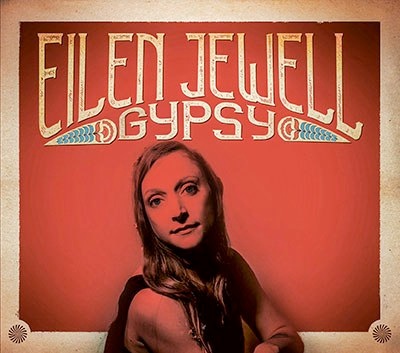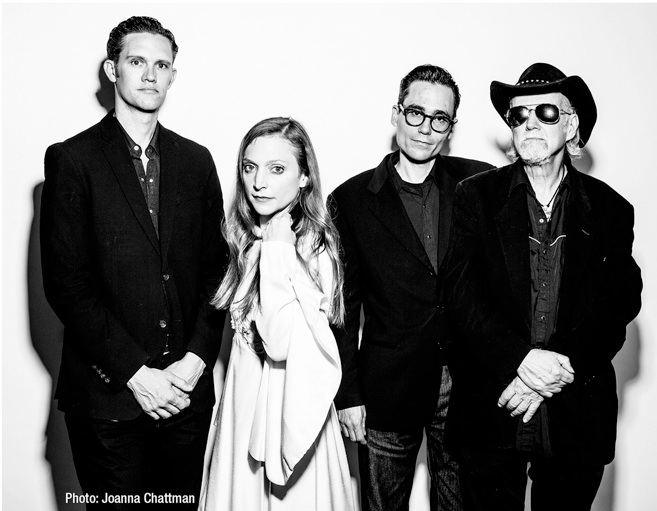
Bob Dylan made Eilen Jewell cry about 16 years ago.
“I was new to Boston, and we stood out on the street a long time to see Dylan at the Avalon,” recalls Jewell, who released her most recent album, Gypsy, last August. “I believe it was a general-admission situation. We ended up being so close I could have touched him if I leaned forward and was more of a fanatic.
“I could hear the amps and the instruments, not just the PA. Dylan played a lot of organ, which sounded so good, and, when he launched into ‘Like a Rolling Stone,’ I cried unabashedly. It was the best and most influential concert, because I saw firsthand that Dylan, one of my musical heroes, was still experimenting, still letting music take him to new places.”
Jewell, who grew up and now lives in Boise, Idaho, says the concert influenced her music more than any other one she has seen.
Her most memorable concert performance was a long way from Boston.
“I’ll never forget opening for Lucinda Williams in Sydney, Australia,” she says. “ I think it was 2011 or so. She asked me, very spur of the moment, to sing ‘For What It’s Worth’ with her. She called me up while she was on the stage without warning me or even discussing it ahead of time. I felt this was very daring and rock ‘n’ roll of her. Later, we went to her hotel room and drank our weight in red wine. She showed me some new songs she was working on, and I’m pretty sure I died and went to heaven.”
Jewell’s songs on her new album are daring, sometimes political.
“79 Cents (The Meow Song)” is “my response to gender pay inequality in America today,” she says. “Our commander-in-chief has publicly bragged about grabbing women by the genitalia, and the song aims to remind listeners of what a weird circus these modern times have become.”
Another song, “Beat the Drum,” aims to show the beauty of peaceful protest.
“I believe the U.S, was founded on protest, having been a colony of the British Empire. Protest is fundamentally democratic, inherently American. Sometimes I wonder if anyone remembers a certain tea party in Boston that started the whole thing.”

“With Gypsy and all my albums, I wanted the songs to dictate where I should go. In general, I like them to simply come to me and be based on where I’m at the moment I’m writing them —what’s on my mind and in my heart at that time.
“In addition, I wanted to explore some new territory. I wanted to see what would happen if I went electric. And I wanted to see if I could successfully marry flavors of country, R&B, swampy rock ‘n’ roll and Sixties folk, while singing about everything from protesting in the streets to the simple joy of hearing a bird sing. This album has a lot to say, because there’s a lot on my mind these days.”
Asked to name her three favorite albums by other artists, Jewell says she’s “terrible” at choosing favorites, because her mood is constantly changing. But then she points to three.
“I’ll give you three I’ve been loving for a long time that show no signs of dimming for me: Blonde on Blonde by Bob Dylan, because I grew up with it and we understand each other; All Things Must Pass by George Harrison, because it’s gotten me through so many rough times in my life, and Harvest by Neil Young, because it makes me feel good.
“These are the ones today, but, if you ask me tomorrow, I might give you three very different ones. I’m thankful that there’s so much great music in the world to latch onto”

Website: http://www.eilenjewell.com
